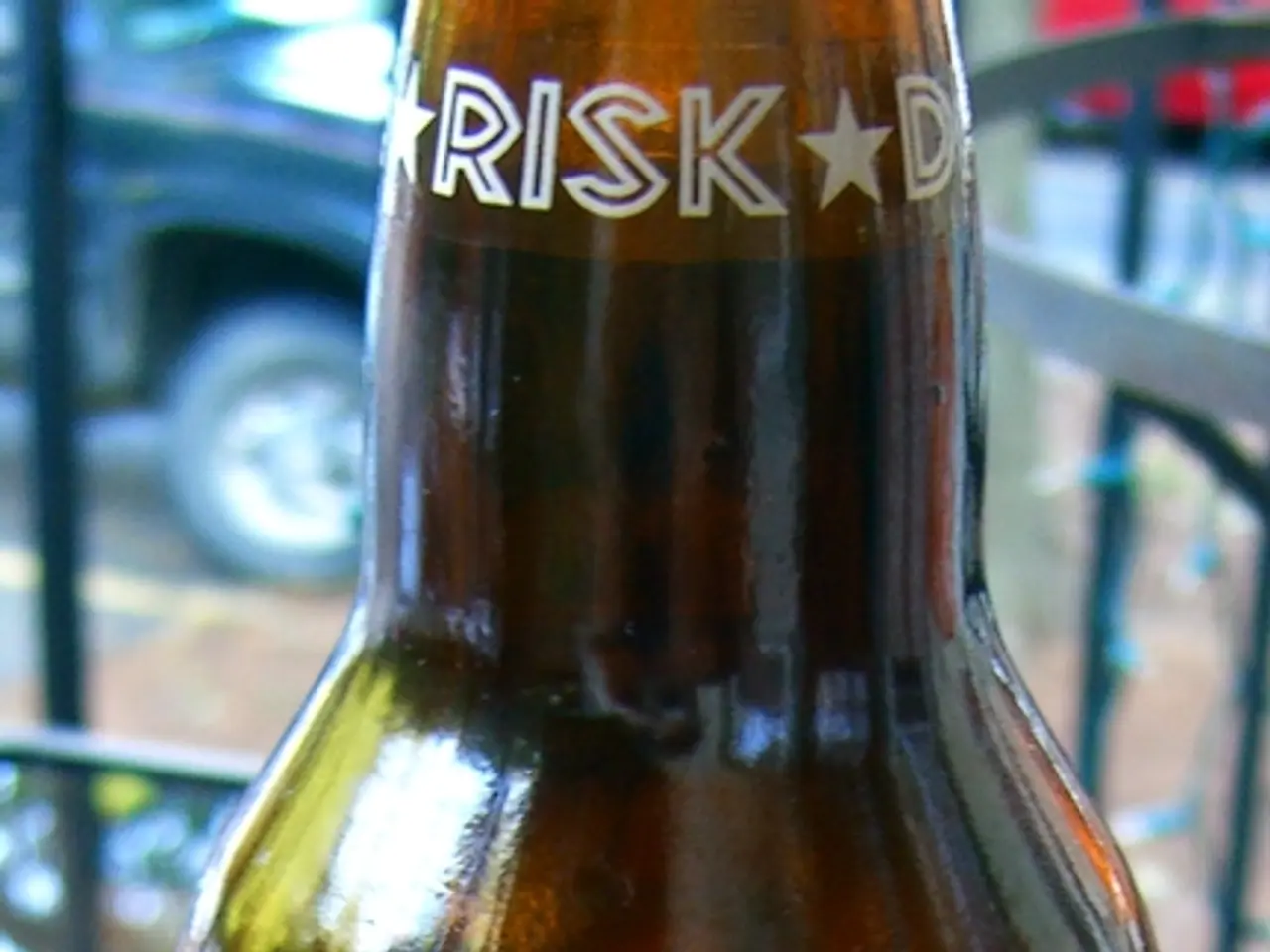Censure Concerns
In a poignant exploration of human emotions, the phenomenon where the fear of offending someone outweighs the fear of physical pain, particularly in survivors of sexual abuse, has been shedding light on complex psychological and emotional dynamics.
One such individual, an anonymous author, shares their personal journey of navigating this delicate balance in a recently published article on Medium.
1. **Emotional Prioritization and Social Conditioning**
For many survivors, the emotional cost of offending others or causing social disruption can feel overwhelmingly high. Deep-seated needs for acceptance, avoiding shame, and maintaining fragile interpersonal relationships often dictate their actions, sometimes at the expense of their own well-being. Social conditioning teaches people to prioritize others’ feelings to avoid conflict, rejection, or further harm.
2. **Trauma Influence and Fear of Judgement**
Victims of sexual abuse frequently experience intense shame, guilt, and fear of not being believed or being blamed for the abuse. This leads to heightened sensitivity to how others perceive them and a hyperawareness of social disapproval. In this context, the fear of offending or upsetting others can become intertwined with a fear of social rejection, which psychologically can feel more threatening than physical pain because it risks isolation—a core human survival mechanism.
3. **Emotional Boundaries and Self-Protection**
The emotional boundaries that would allow someone to prioritize their own pain or trauma over others’ feelings might be weakened or underdeveloped in abuse victims. Setting emotional boundaries is crucial to maintaining mental health, but survivors may struggle to be "unoffendable" or to assert themselves without guilt or fear of consequences.
4. **Neuropsychological Factors**
Research on emotional recognition in conditions such as psychopathy shows that empathy and fear recognition involve distinct brain regions. In trauma survivors, these neural responses can be altered, leading to complex emotional processing where social pain or offense triggers stronger or more persistent reactions than physical pain.
5. **Fear as a Safety Mechanism**
Fear is a protective emotion signalling threat. For victims of sexual abuse, the *anticipated* social consequences of offending or confronting someone (including perpetrators or even unsupportive close ones) can generate a fear level that overshadows physical pain. This fear manages to safeguard their already vulnerable psychological state by avoiding additional relational wounds.
The author recounts a personal experience where they were in an auto ride and worried when a friend of the driver joined them, fearing the worst possible scenario. They made a promise to themselves to prioritize their safety over the fear of offending and decided to call a friend for safety during the ride. However, they regretted not prioritizing their safety due to the fear of offending, admitting that they sometimes experience a delay in making decisions that are right for them.
The author acknowledges that it is difficult to break free from childhood conditioning of putting others' happiness before their own. They sometimes challenge the fear of offending and make decisions that might offend others but are right for them. Despite the lifelong struggle with the fear of offending, the author hopes to one day decide without hesitation that the fear of danger is greater than the fear of offending.
The line "It's hard to believe that the fear of offending can be stronger than the fear of pain," from Stieg Larsson's The Girl with the Dragon Tattoo, has stayed with the author over time, serving as a constant reminder of their personal journey towards self-empowerment and assertiveness.
- In the realm of education and self-development, understanding the emotional dynamics in survivors of sexual abuse can be a crucial aspect of personal growth for many.
- Delving into general news, we find that this cumbersome emotional prioritization faced by survivors is often a prevalent theme in discussions about mental health and women's health.
- When it comes to science, research pertaining to neuropsychological factors in trauma survivors reveals complex processes related to emotional recognition and fear response.
- In the context of crime and justice, understanding the psychological consequences of sexual abuse can aid in developing strategies for rehabilitation and supporting victims in their journey towards healing and self-empowerment.




